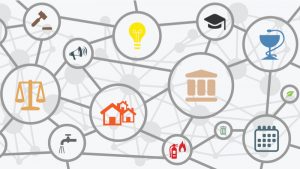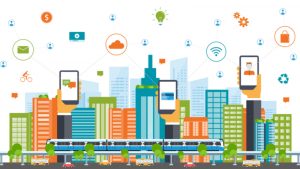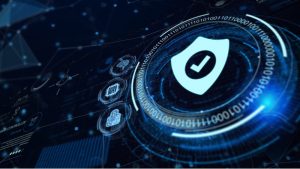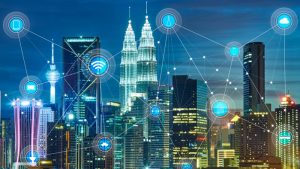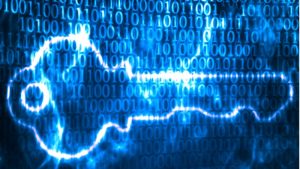The state and local government IT services market has finally reached its “app store moment,” thanks in part to the demands of the coronavirus pandemic and the need to improve service delivery and experience for citizens – and the government workforces that provide them.
The City of Los Angeles Information Technology Agency (ITA) introduced the SmartLA 2028 strategy, a concise summary of their vision, approach to being a Smart City, and roadmap to accomplish said vision by 2028.
Sens. Mark Warner, D-Va., and Susan Collins, R-Maine, asked Secretary of Education Miguel Cardona to ensure that schools nationwide are aware that they can use Federal funding from COVID-19 relief bills to improve cybersecurity.
The National Telecommunications and Information Administration (NTIA) released the Final Rule for its Connecting Minority Communities (CMC) Pilot Program this week, to provide $268 million to historically Black Colleges or Universities (HBCUs), Tribal Colleges or Universities (TCUs), and minority-serving institutions (MSIs) to expand their broadband.
Sharing data in the cloud provides educators and students the ability to work and study wherever they are. Still, it also comes with some key security considerations, especially when creating your cloud strategy.
The University of Hawaiʻi’s Pacific Islands Ocean Observing System (PacIOOS) has developed a new online forecast tool capable of predicting coastal flooding up to six days in advance.
Witnesses at today’s House Small Business Committee hearing stressed that community-based broadband expansion solutions are key to ensuring small businesses can best utilize broadband capabilities.
State and local governments are on the front lines of delivering economic recovery from the pandemic. Former Maryland Gov. Martin O’Malley emphasized the role technology will play in helping cities and states come back from the pandemic recession faster, stronger, and more equitably during a live webinar on June 15.
To help modernize how state and local governments (SLGs) deliver citizen services, SLGs must leverage community-based tech talent to help improve digital services initiatives, Jessica Cole, chief operating officer at U.S. Digital Response (USDR), explained during the State of GovTech 2021 digital conference.
While recovering from a cyberattack in late 2019, the City of New Orleans moved from multiple different disk storage platforms to the single flash platform, leveraging solutions from Pure Storage.
